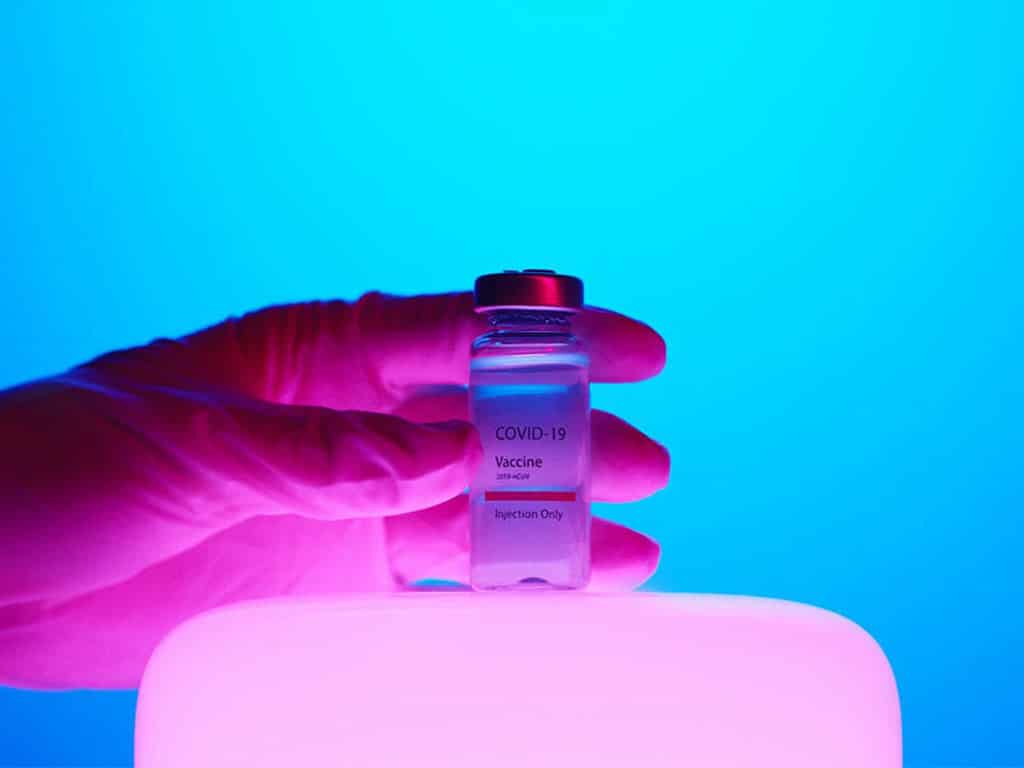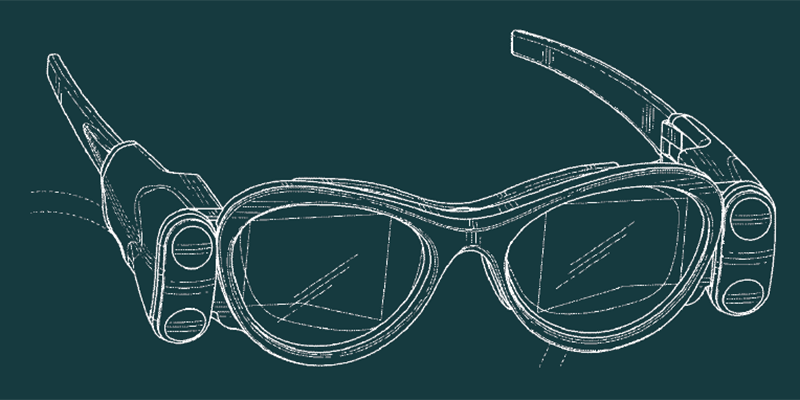A patent application from Israeli tech company Wiliot outlines how to track vials of COVID-19 vaccines using low-cost, battery-free tags connected by Internet of Things (IoT).
Wiliot’s primary offering, according to its website, are IoT Pixels. These tags are as small as a postage stamp, and continuously collect data while attached to items such as food, clothing, or packages. They perform encrypted communications via Bluetooth, and are linked to Wiliot Cloud, a machine learning platform that continually analyzes sensory data from the IoT Pixels. Such technology is aimed at generating valuable insights into every aspect of a product’s handling. Now, the company proposes using its tags on one of today’s hottest commodities: COVID-19 vaccines.
About 38.4 million COVID-19 vaccine doses are administered each day, but there exists a wide variety of these shots. Differing ingredients and mechanisms of action mean differing storage requirements. Vaccines from Pfizer and Moderna need to be kept at subzero temperatures, while doses manufactured by AstraZeneca and Sinovac only need refrigeration to save their potency.
Wiliot says one way to ensure the items’ proper storage is through vaccine vial monitors (VVMs). VVMs are thermochromic labels that, when put on vials, provide a visual indication of the temperature at which they were stored. But a single VVM may not be a feasible solution given the aforementioned variances between COVID-19 vaccines.
Another current tracking option is the use of spectroscopy, or the observation of how materials interact with electromagnetic radiation, which was also described in the patent application as lacking when it comes to checking vaccines’ storage conditions. A device may employ light, infrared signals, heat signatures, or ultrasound for this purpose, but Wiliot points out how expensive and complicated such technology would be. It would also be difficult to make sense of collected spectroscopic data without investing in a lot of analytical resources, the company says.
Wiliot’s IoT tags offer a simple yet effective option when it comes to monitoring vaccine stocks, and whether they are fit to administer to people.

A schematic diagram of Wiliot’s vaccine tracking system.
IoT tags may be attached, glued, or printed on vaccine vials. They sense radio frequency (RF) activity relative to each other and relative to changes in the vials they are attached to. Interferences to the ambient RF field lead to changes in the IoT tag’s calibration frequency; this change is translated into a frequency word. Frequency words, along with other information, are sent in data packets to gateways located in different physical locations.
Each gateway may correspond to a station in the preparation and administration of COVID-19 vaccines. For example, there may be gateways deployed in stations for deep freezing, refrigeration, preparation, administration, and discarding.
The frequency words are passed on to at least one server deployed in a cloud-based platform. A database may also be connected to the server, storing events, tag IDs, and other signals. The server uses machine learning to turn the tags’ data packets into semantic events that may be indicative of changes in a vial’s content level, temperature, location. The semantic event may also include an alert, for example, not to change a specific vial associated with a tag in a specific location.
Upon detecting a semantic event, the server may send a notification to a handheld device used by medical personnel. The notification would include an ID of the respective IoT tag and information to be displayed.
The IoT tag described in Wiliot’s USPTO filing is aimed at taking the burden of monitoring supplies of COVID-19 vaccines off of healthcare workers. It underpins a simple and intelligent method of minimizing wasted doses of a much-needed medical product.
The featured patent application, “Tracing Of Covid-19 Vaccine Vials”, was filed with the USPTO on February 9, 2021 and published thereafter on August 19, 2021. The listed applicant is Wiliot, Ltd. The listed inventors are Ido Zelman, Matan Epstein, Shay Moshe, Tsvika Rabkin, David Lipshitz, Tal Szpruch, Dotan Ziv, and Alon Yehezkely.






